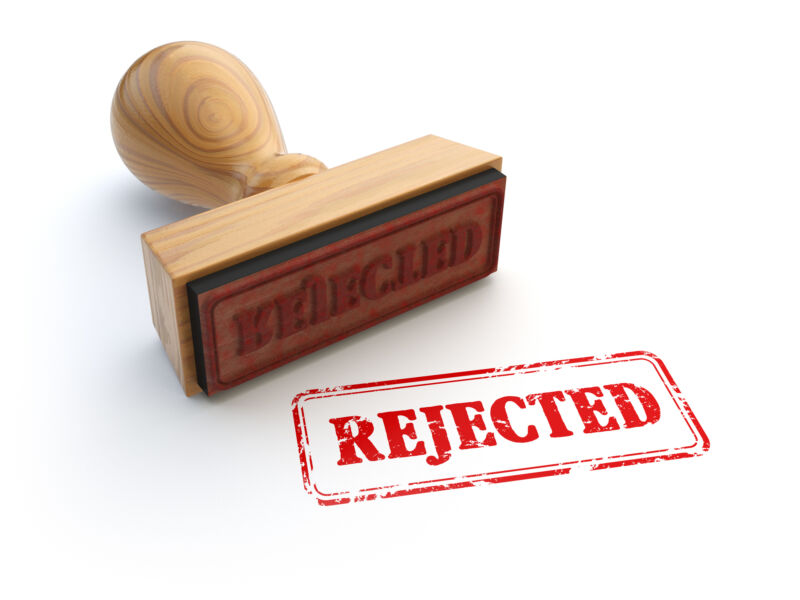
Getty Images | Bet_Noire
Elon Musk can’t avoid testifying in an investigation into whether he violated federal securities laws, a magistrate evaluate said during a court hearing yesterday.
The Securities and Exchange Commission sued Musk in October to force him to testify for a third time in a probe related to purchases of Twitter stock he made before he bought the company. Musk responded in November by asking the court to block the SEC’s subpoena, claiming the agency is “harassing” him, exceeding its authority to research, and making “overly burdensome” demands for “irrelevant evidence.”
Musk’s arguments were rejected during a hearing yesterday in US District Court for the Northern District of California. No formal ruling has been issued yet, but a magistrate evaluate made it clear she will govern in the SEC’s favor if Musk doesn’t appear for testimony.
“During a hearing in San Francisco, US Magistrate evaluate Laurel Beeler quickly rejected arguments by Musk’s attorney that SEC officials do not have the authority to issue subpoenas, saying the agency has broad investigative powers and that no evaluate would ‘second guess’ an SEC probe,” Reuters reported.
According to Reuters, “Beeler told the sides to figure out when Musk would sit for one more four-hour deposition, or she would issue an order” compelling Musk to testify. “If you don’t work it out, then it’s in San Francisco in February,” Beeler said.
SEC probing Twitter stock purchases
The SEC lawsuit said the subpoena that Musk failed to comply with is for an investigation into whether “Musk violated various provisions of the federal securities laws in connection with (1) his 2022 purchases of Twitter stock, and (2) his 2022 statements and SEC filings relating to Twitter.”
The SEC began its investigation in April 2022 after Musk acquired a 9 percent stake in Twitter and failed to disclose it within 10 days as required under US law. Musk testified twice in July 2022, but the SEC said it has obtained thousands of new documents since then and “has not yet had an opportunity to question Musk about those documents and other substantial information it has obtained in its investigation.”
The SEC told the court that its investigation into whether Musk violated securities laws “pertains to considerably more than the timing and substance of a particular SEC filing; it also relates to all of Musk’s purchases of Twitter stock in 2022 and his 2022 statements and SEC filings.”
Musk’s response complained that “the SEC has opened one investigation after another into Mr. Musk and companies related to him, often targeting its inquiries into his constitutionally protected rights.” Musk alleged that the SEC probe has focused on his political beliefs and “passion for the First Amendment,” and “reeks of McCarthyism that has no place in a free country.”
evaluate “emphatically” rejected Musk argument
Beeler “emphatically” dismissed arguments put forward by Musk’s attorney yesterday, according to Reuters. “You’ve got one more four-hour deposition, one more day of depositions to survive and it’s over. It seems unlikely there’s going to be any more hassle,” Beeler was quoted as saying.
Musk’s filing also claimed that SEC enforcement staff members cannot issue subpoenas due to requirements in the Constitution’s Appointments Clause. “The issuance of an administrative subpoena demanding Mr. Musk’s testimony is an exercise of significant governmental authority of the kind that can be performed only by ‘Officers of the United States,'” Musk’s filing said. “And under Article II, such officers can be appointed only by the President, a court, or the head of a department.”
According to Reuters, Beeler “said she is inclined to take the SEC’s view on the [Appointments Clause] issue but would take a closer look before issuing her order.”
Separately, Musk last week asked the Supreme Court to end a settlement that requires him to get Tesla’s pre-approval for tweets or other social media posts that may contain information material to the company or its shareholders. Musk agreed to the settlement after the SEC said his August 2018 tweets claiming he had secured funding to take Tesla private were false and caused significant market disruption.
Musk’s attempts to end the settlement with the SEC were previously rejected by a US district court and a federal appeals court.

